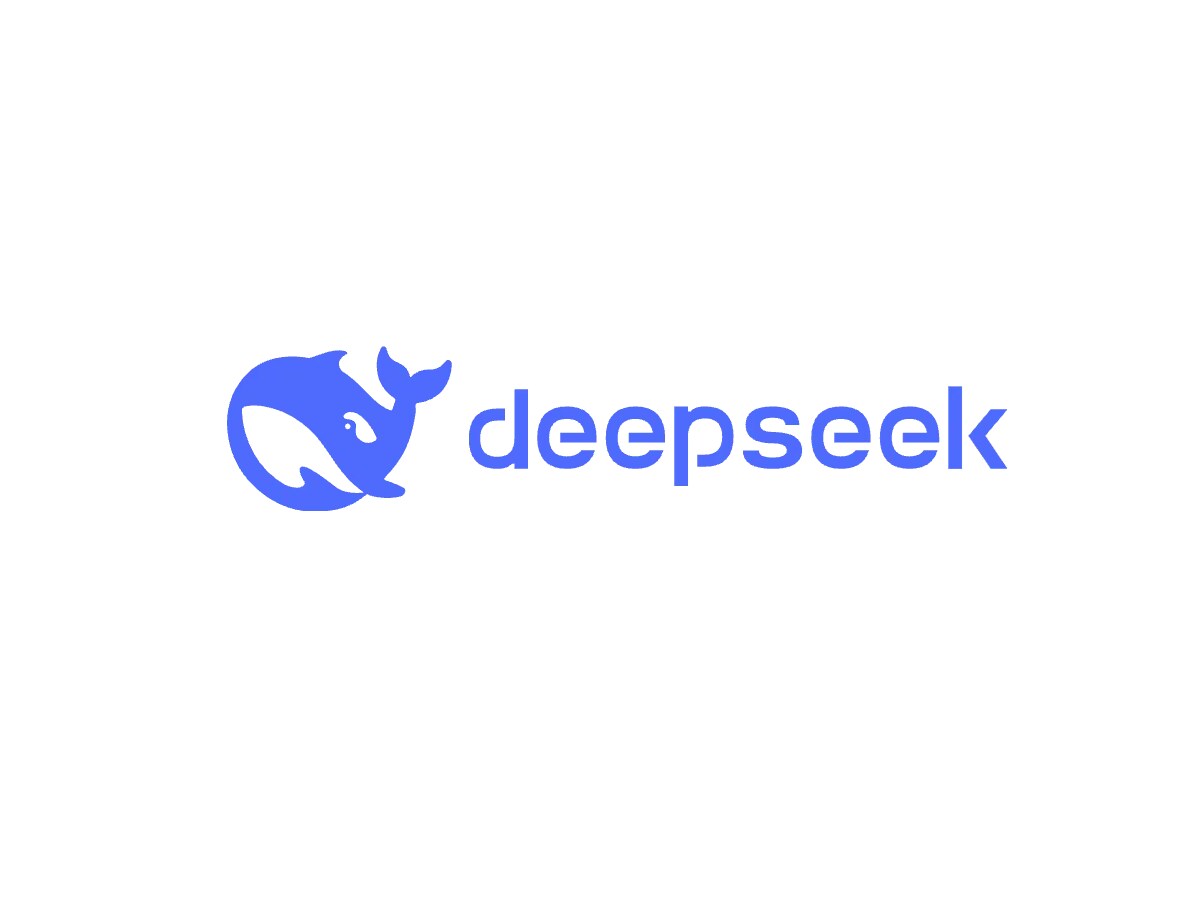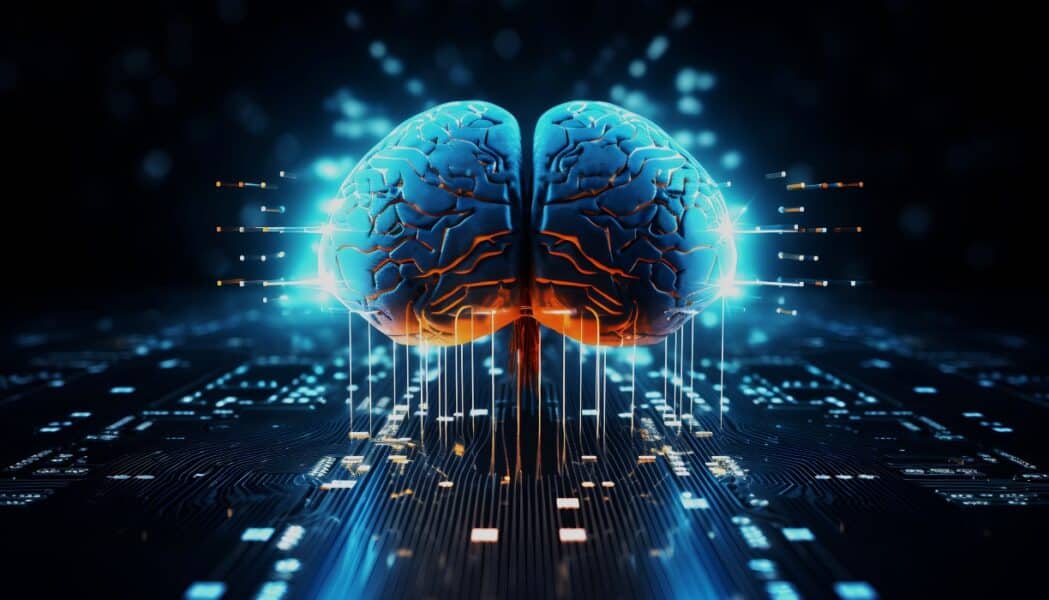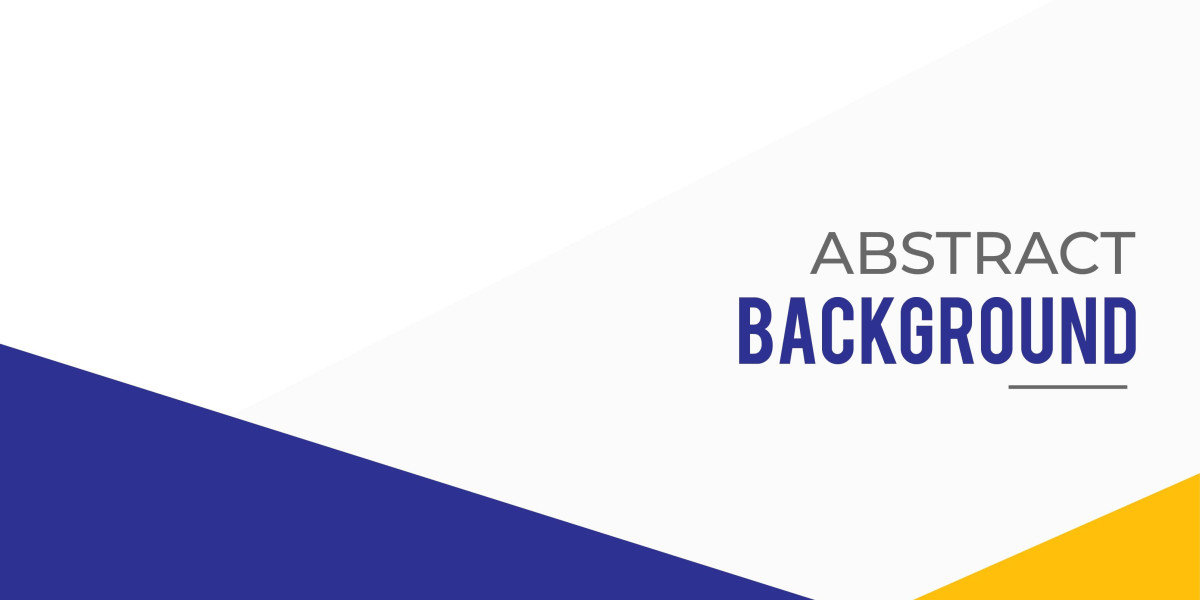)
Artificial Intelligence (AI) is transforming education while making finding out more accessible however likewise triggering disputes on its impact.

While students hail AI tools like ChatGPT for improving their knowing experience, speakers are raising issues about the growing reliance on AI, which they argue fosters laziness and undermines scholastic stability, specifically with numerous trainees not able to protect their assignments or given works.

Prof. Isaac Nwaogwugwu, a lecturer at the University of Lagos, in an interview with Nairametrics, revealed aggravation over the growing reliance on AI-generated responses amongst students recounting a current experience he had.
RelatedStories
Avoid sharing personal information that can determine you with AI tools- Expert warns
Chinese AI app DeepSeek triggers global tech selloff, difficulties U.S. AI dominance
"I gave a task to my MBA students, and out of over 100 students, about 40% sent the exact very same answers. These students did not even know each other, however they all used the very same AI tool to create their responses," he stated.
He noted that this pattern prevails amongst both undergraduate and postgraduate students however is especially concerning in part-time and distance knowing programs.
"AI is a severe obstacle when it pertains to tasks. Many trainees no longer think critically-they simply go online, produce answers, and send," he added.
Surprisingly, some speakers are likewise implicated of over-relying on AI, setting a cycle where both educators and students turn to AI for benefit rather than intellectual rigor.
This argument raises vital questions about the role of AI in academic stability and student development.
According to a UNESCO report, while ChatGPT reached 100 million monthly active users in January 2023, only one country had launched policies on generative AI since July 2023.
As of December 2024, ChatGPT had more than 300 million individuals using the AI chatbot every week and 1 billion messages sent every day worldwide.
Decline of scholastic rigor

University lecturers are increasingly concerned about students submitting AI-generated projects without truly understanding the material.
Dr. Felix Echekoba, a lecturer at Nnamdi Azikiwe University, revealed his concerns to Nairametrics about students progressively counting on ChatGPT, just to have problem with addressing basic concerns when evaluated.
"Many trainees copy from ChatGPT and send sleek assignments, but when asked basic questions, they go blank. It's frustrating since education has to do with discovering, not simply passing courses," he stated.
- Prof. Nwaogwugwu mentioned that the increasing number of first-rate graduates can not be totally credited to AI however admitted that even high-performing trainees use these tools.
"A first-class trainee is a first-rate student, AI or not, however that does not mean they do not cheat. The benefits of AI may be peripheral, however it is making students dependent and less analytical," he said.
- Another lecturer, Dr. Ereke, from Ebonyi State University, raised a different issue that some speakers themselves are guilty of the very same practice.
"It's not simply students utilizing AI slackly. Some lecturers, out of their own laziness, generate lesson notes, course lays out, marking schemes, and even test concerns with AI without evaluating them. Students in turn use AI to create responses. It's a cycle of laziness and it is eliminating genuine learning," he regreted.
Students' perspectives on usage
Students, on the other hand, state AI has enhanced their learning experience by making scholastic products more understandable and available.
- Eniola Arowosafe, a 300-level Business Administration trainee at Unilag, shared how AI has substantially aided her learning by breaking down complex terms and providing summaries of prolonged texts.
"AI helped me comprehend things more easily, particularly when handling complicated subjects," she explained.
However, she recalled a circumstances when she utilized AI to send her project, just for her speaker to right away recognize that it was produced by ChatGPT and reject it. Eniola noted that it was a good-bad effect.
- Bryan Okwuba, who recently graduated with a superior degree in Pharmacy Technology from the University of Lagos, strongly thinks that his academic success wasn't due to any AI tool. He associates his outstanding grades to actively engaging by asking concerns and focusing on areas that speakers stress in class, as they are typically shown in examination concerns.
"It's all about being present, focusing, and using the wealth of knowledge shared by my colleagues," he said,

- Tunde Awoshita, a final-year marketing student at UNIZIK, confesses to sometimes copying directly from ChatGPT when facing numerous due dates.
"To be truthful, there are times I copy straight from ChatGPT when I have numerous deadlines, and I know I'm guilty of that, many times the lecturers don't get to review them, but AI has also assisted me discover much faster."
Balancing AI's function in education
Experts believe the service lies in AI literacy; teaching trainees and speakers how to use AI as a knowing aid instead of a faster way.
- Minister of Education, Dr. Tunji Alausa, highlighted the combination of AI into Nigeria's education system, stressing the value of a well balanced approach that keeps human involvement while utilizing AI to enhance finding out results.
"As we browse the rapidly progressing landscape of Expert system (AI), it is essential that we prioritise human firm in education. We need to make sure that AI improves, rather than changes, teachers' crucial role in forming young minds," he said
Dorcas Akintade, a cybersecurity improvement professional, resolved growing issues regarding using synthetic intelligence (AI) tools such as ChatGPT and their potential dangers to the instructional system.
- She acknowledged the advantages of AI, however, stressed the requirement for care in its usage.
- Akintade highlighted the increasing resistance amongst teachers and schools towards including AI tools in finding out environments. She recognized 2 primary reasons why AI tools are dissuaded in academic settings: security threats and plagiarism. She discussed that AI tools like ChatGPT are trained to respond based on user interactions, which might not align with the expectations of teachers.
"It is not taking a look at it as a tutor," Akintade said, describing that AI doesn't cater to particular teaching methods.
Plagiarism is another issue, as AI pulls from existing information, asteroidsathome.net typically without proper attribution

"A great deal of individuals require to understand, like I said, this is information that has actually been trained on. It is not simply bringing things out from the sky. It's bringing info that some other people are fed into it, which in essence means that is another person's paperwork," she warned.
- Additionally, Akintade highlighted an early concern in AI development understood as "hallucination," where AI tools would create details that was not factual.
"Hallucination meant that it was bringing out details from the air. If ChatGPT might not get that details from you, it was going to make one up," she described.
She advised "grounding" AI by providing it with specific information to avoid such mistakes.
Navigating AI in Education
Akintade argued that prohibiting AI tools outright is not the option, especially when AI presents an opportunity to leapfrog traditional academic approaches.
- She believes that consistently reinforcing key details assists individuals keep in mind and prevent making errors when confronted with difficulties.
"Immersion brings conversion. When you inform people the same thing over and over once again, when they will make the mistakes, then they'll keep in mind."
She also empasized the requirement for clear policies and procedures within schools, keeping in mind that many schools should address the individuals and procedure aspects of this use.

- Prof. Nwaogwugwu has resorted to in-class assignments and tests to counter AI-driven scholastic dishonesty.
"Now, I primarily use tasks to guarantee trainees provide initial work." However, he acknowledged that managing large classes makes this approach hard.
"If you set complex concerns, students will not be able to use AI to get direct responses," he explained.
He emphasized the need for universities to train lecturers on crafting test questions that AI can not easily fix while acknowledging that some lecturers struggle to counter AI misuse due to an absence of technological awareness. "Some speakers are analogue," he said.
- Nigeria launched a draft National AI Strategy in August 2024, bphomesteading.com concentrating on ethical AI development with fairness, transparency, accountability, and privacy at its core.
- UNESCO in a report requires the regulation of AI in education, encouraging organizations to audit algorithms, data, and outputs of generative AI tools to ensure they satisfy ethical requirements, safeguard user data, and filter improper material.
- It stresses the need to evaluate the long-lasting effect of AI on critical skills like thinking and imagination while creating policies that align with ethical structures. Additionally, UNESCO suggests implementing age limitations for GenAI use to secure more youthful trainees and secure susceptible groups.
- For governments, it advised embracing a collaborated nationwide method to controling GenAI, consisting of developing oversight bodies and annunciogratis.net lining up guidelines with existing information security and genbecle.com personal privacy laws. It highlights evaluating AI risks, imposing more stringent rules for high-risk applications, and ensuring nationwide data ownership.







